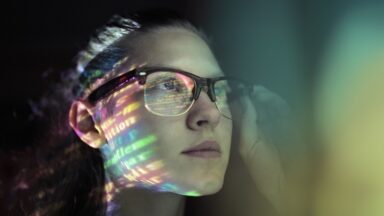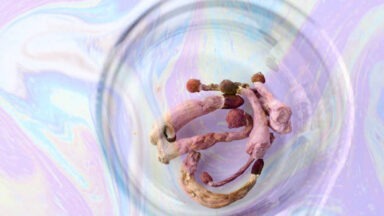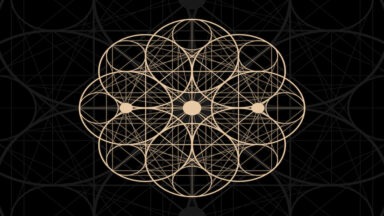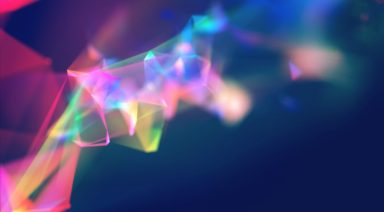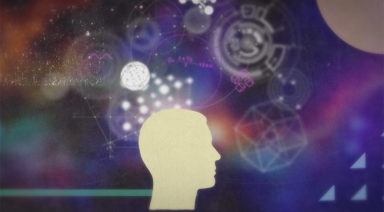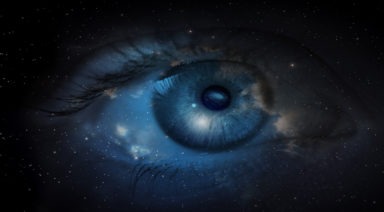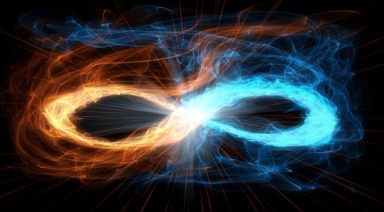Consciousness Might Be Explained By Multiple Personality Disorder

The idea that our sentience may be the product of a conscious universe experiencing itself is not a new one – in fact, it’s the central philosophy behind more than one religion, i.e. Hinduism, Buddhism. But now, a paper published by philosopher Bernardo Kastrup, has laid out a convincing argument to reconcile this idealist theory with dissociative identity disorder (DID), otherwise known as multiple personality disorder.
Those suffering from DID exhibit at least two disparate personalities experiencing reality through distinctly separate lenses, despite inhabiting the same physical body. These personas, known as “alters,” can sometimes be completely unaware of each other’s being, compartmentalizing their lives and essentially leading parallel existences.
Scientists discovered that DID sufferers’ various alters can affect attributes of the body to the point that brain functions will literally change when a new personality takes over. For instance, EEG tests showed that the region of the brain associated with vision actually shut down while a blind alter took over a patient’s body. When a sighted alter took over, that region of the brain resumed normal function.
It’s undoubtedly difficult to lead a normal life if you suffer from DID, but if it’s possible for this level of dissociation, in which multiple personalities with their own sense of individual self can occupy a single psyche, then what’s to say that an analogous mechanism isn’t at work in the relationship between our individual consciousness and a greater universal consciousness?
Kastrup likes to call this universal consciousness “mind at large,” and he describes our relationship with it like the essence of a tree. Our individual psyches branch off in their own directions, but at their roots beneath the soil, they grow out of a greater individual organism. And the reason we’re unable to see that connection is due to that layer of soil, or what Kastrup refers to as the obfuscation of our collective consciousness.
Maybe a better example of this can be seen through the individual neuron in the brain; a microscopic cell that receives, processes, and transmits information through electrical and chemical signals. There are billions of individual neurons throughout the brain, connected through dendrites and axon fibers, which pick up small bits of data to transfer and inform the greater organ as a whole.
Our individual consciousness is much like an individual neuron in the brain, receiving, processing, and transmitting data between other neurons within synapses and neural circuits, informing the greater whole we call society and humanity. This comparison is even more intriguing when you compare images of a simulated map of the known universe with the brain cells of a living being; the similarities are uncanny.
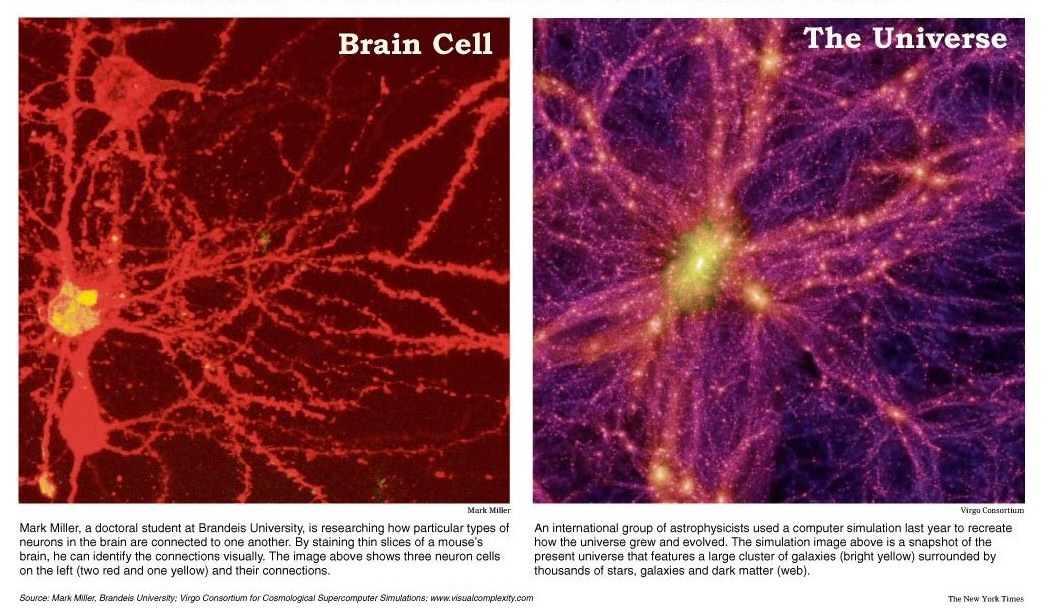
Kastrup is a staunch opponent of the materialist view that our mind is a product of the brain. This view says that the physical world, or matter, is the fundamental substance of nature, and that it dictates reality. It says our minds, and subsequently our consciousness, can be reduced to the product of predictable, physical interactions in the brain, explained through metrics such as mass, momentum, charge, and spin.
But materialism has an irresoluble issue, known as the hard problem of consciousness; that these metrics used to define matter can’t be applied to our subjective experience of reality. We have no universal measurement to describe the way something makes us feel. Try explaining the color red or the happiest you’ve ever felt – qualia prevent our consciousness from being defined by these standards.
And according to Kastrup, any attempt to solve the hard problem of consciousness by viewing consciousness as the product of our reality is futile. Conversely, viewing reality as the product of our consciousness makes the hard problem of consciousness a moot point. You can’t prove that this reality exists without consciousness, and if we continue to try to argue this point we find ourselves trapped in circular reasoning.
There’s no consciousness in our body/brain system, our body/brain system is in consciousness. Our brain is a second-person perspective of a first-person experience. These are Kastrup’s intrinsic tenets.
When we look back at the cosmos, or our reality, we’re observing the universe’s mental processes outside of our own individual alter. Our lives are a dissociative process of the universe’s consciousness and everything we see is simply another dissociative process of the mind at large.
Has Kastrup’s monistic idealism solved the hard problem of consciousness or simply sidestepped it?
Watch the documentary Conscious States of Dying in which Stanislav Grof discusses various cultures’ perspectives on our state of consciousness after death:
Plant Consciousness; Do Plants Sense, Feel, and Communicate?

Just like the love we receive from our mothers and grandmothers, nature is a life-giving, lovable, and powerful healer. Is this interconnectedness and interdependence born from nature’s pre-engineered biology, or is there a type of plant consciousness? Are they sentient beings, with the ability to sense, feel, fathom, and communicate? The answer to this is more remarkable than you might imagine.
When we wander in the forest, we might be conscious of the abundant life around us. If we allow ourselves the opportunity, we might understand that when we walk among flowers and trees, our bodies, minds, and hearts are healed in some way. As we absorb the luscious beauty around us, somehow, with limited effort, we feel cleansed from head to toe. This is not just a feeling, it’s often a reality.
We see a robust and majestic pine tree, drenched in sunlight and surrounded by wet earth. Thirty feet away we see its equally vital twin in the shade, surrounded by dry soil. Scientists say that it’s not only that the twin tree has roots that will reach to the nearby wet ground for sustenance, it’s also that these two trees share nutrients and messages via an intricate underground network. This is why the tree in the shadows is as healthy as her sunlit neighbor.
“You know what a lima bean does when it’s attacked by spider mites? It releases a volatile chemical that goes out into the world and summons another species of mite that comes in and attacks the spider mite, defending the lima bean. While we have consciousness, toolmaking, and language, plants have biochemistry.” — Michael Pollan







